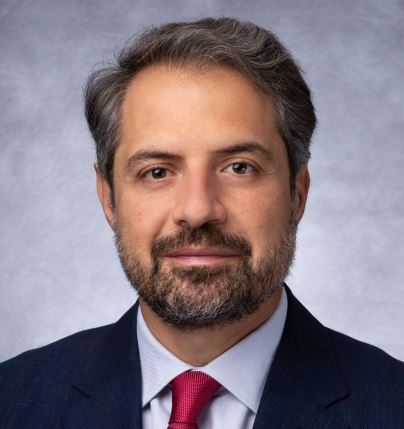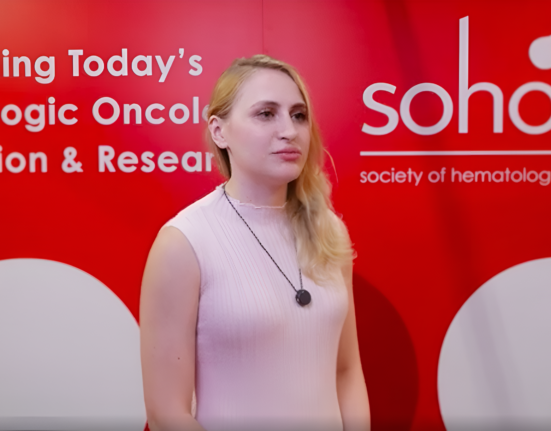By: Kerri Fitzgerald
Relapse after treatment with the chimeric antigen receptor (CAR) T-cell therapy brexucabtagene autoleucel (brexu-cel) is associated with limited survival outcomes, “underscoring a need for novel salvage therapies,” according to the authors of the study.
Rawan Faramand, MD, of the H. Lee Moffitt Cancer Center in Tampa, Florida, presented the results at the 2025 EHA Congress.
The retrospective study used data from the Real-World Outcomes Collaborative of CAR-T in Adult ALL (ROCCA) Consortium from 2021 to 2024.
A total of 294 adult patients received brexu-cel; median age was 43 years, 62% were male, and 46% were White. Of these, 25 were refractory to treatment and 87 initially achieved complete remission (CR) but later relapsed, most of whom (n=49) experienced relapse within 6 months of infusion.
Of the refractory and relapsed patients, 79 (71%) received salvage therapy; the most common regimens were chemotherapy-based (n=23), inotuzumab-containing (n=15), and single-agent tyrosine kinase inhibitor (TKI; n=11). In this cohort, 73 patients were evaluable for response: 34 (47%) achieved CR, including 22 (30%) who were measurable residual disease-negative, and 12 (35%) went on to receive transplant.
At a median follow-up of four months, median relapse-free survival interval (RFS2) was 10 months, with a one-year RFS2 rate of 50%. Among relapsed or refractory patients, one-year overall survival (OS) was 36%; median OS was 8.1 months for those who relapsed and 3.0 months for those who were refractory (P=0.0057). Median one-year OS was longer among patients who relapsed six or more months after brexu-cel than those who relapsed in less than six months (67% vs 35%; P=0.063).
The study is limited by the small sample size in each salvage therapy cohort. CR differed among the salvage therapy cohorts: CAR-T (100%), TKI monotherapy (64%), inotuzumab-containing regimen (53%), salvage chemotherapy (32%), blinatumomab-containing regimens (33%), and BCL2 inhibitor-containing regimens (22%).
“Salvage treatment decisions should be personalized considering patient and disease specific factors,” the authors concluded.
Reference
Chen E, Luskin M, Zhang A, et al. Real-world outcomes of adult B-ALL patients who experience relapsed or refractory disease following brexucabtagene autoleucel, a study by the ROCCA Consortium. Abstract #PS1368. Presented at the European Hematology Association 2025 Congress; June 12-15, 2025; Milan, Italy.







